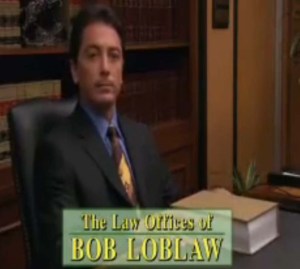It seems that anyone or anything named “Tesla” is constantly going to run into problems with their competitors, their government – really, anyone but the actual consumers.
Later last year, Michigan passed an amendment to their already pretty deep laws regarding business franchises preventing automotive dealers from selling directly to customers. Michigan law right now requires that all vehicles be sold through franchised dealerships and allows those dealerships to independently determine what fees are charged to the customer during the process.
This new bill both prohibited the creation of company-owned automobile “stores” and further prevented the manufacturers from dictating the sort of fees that can be charged. Surprise surprise, the only automobile company that doesn’t really play by that model right now is Tesla.
For reference, Michigan defines a “franchise” as having these three elements:
-A marketing plan wherein the franchise is granted the right to distribute goods under a marketing plan or system designed and administered by the franchisor company
–Association with trademark meaning the franchisee’s business is associated with trademarks of the parent company (logos, service marks, etc)
–Required fee, which is exactly as it sounds!
However, a handful of states such as Minnesota include additional terms, including one that has proven pretty sticky in a lot of business matters: community of interest, generally defined as the franchisor and franchisee having a mutual interest and stake in the selling and production of the franchise’s goods. One would be hard pressed to find a franchisee/franchisor relationship that doesn’t match that criteria, but is Gov. Snyder attempting to create that sort of provision for car dealerships? By maintaining that automobiles still cannot be sold directly from the manufacturer, he almost seems to be creating that community externally by ensuring all dealerships have to be independent but beholden to a parent company.
And while car dealerships are allowed to dictate what fees they charge, I would like to go back to the required fee provision. Tesla retailers presumably don’t have that sort of fee structure as they operate more like locations in a grocery store chain and less like an independent vendor, and it’s not likely that they have room in their business plan to include one to skirt this rule. Strange that, of all the reasons to prevent a business from operating in your state, these are the two that they seem to have chosen.
Staying informed of your rights and abilities as a franchise owner (or as a company that operates through franches) is vital. Vinson Franchise Law is a good place to start.

